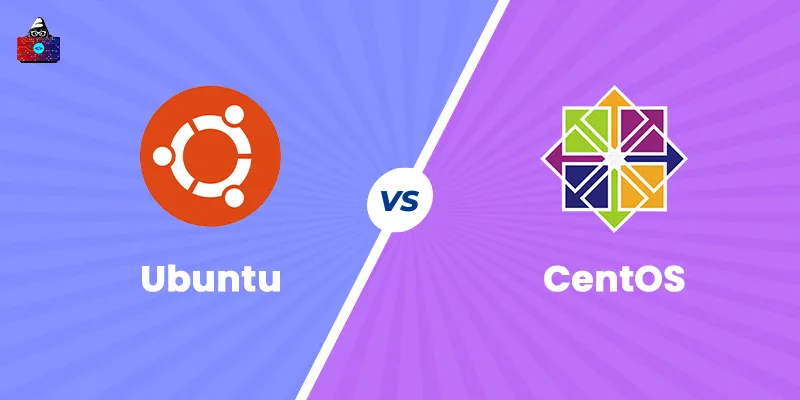One of the most popular Linux distributions is Ubuntu. It may be used for a wide range of functions, including server hosting, teaching, and learning.
In this post, we will go through the characteristics of the Ubuntu Operating System and discover what makes this operating system so popular in the development industry. We will also go through the fundamental words associated with Ubuntu so that you are familiar with what it is.
What is Ubuntu
Ubuntu is a Debian-based free and open-source Linux distribution. It was created and supported by "Canonical Ltd." and is regarded as a good distribution for novices. The operating system was initially developed for personal computers, although it may also be used on servers. "Ubuntu" is derived from the Zulu language of Africa and means "humanity to others." GNOME is the default desktop environment in Ubuntu.
Features of Ubuntu
-
Easily Customizable
Ubuntu can be customized to our needs by adding additional desktop options and environments, server options, development tools, and applications, or by downloading source code and configuring and building in the traditional Unix model, using the Canonical repositories or other repositories that offer generic Ubuntu-specific packages. This is one of the benefits of open-source software. We can even make significant changes to the operating system and release it as a variation of Ubuntu.
-
Free and Open Source
On GitHub, Ubuntu includes 73 distinct repositories that you may pull, analyze and even modify locally. This is really beneficial since there might be a large selection of creative ideas that can be incorporated into the source codes.
Open source also aids in the rapid resolution of bugs since users may open issues on GitHub, which contributors can resolve fast. Every student has the opportunity to examine the operating system's source code and comprehend the efficient algorithms under the hood.
-
No third-party antivirus software needed
In other operating systems like “Windows”, you usually install antivirus software to protect your machine against malicious actions. However, Ubuntu does not require any external software for protection. It has built-in protecting features to keep your data secure.
-
Office software installed by default
Ubuntu includes LibreOffice software, which allows users to work with Google Docs and Microsoft Office compatible documents. You may open such documents in LibreOffice and begin modifying them, or you can build your own documents, such as sheets, text documents, and so on, and share them with others.
-
Several Variants available
It has many variants that can be used for different use cases.
- Ubuntu Server Addition
- Ubuntu Studio
- Edubuntu, suited for educational purposes.
- Kubuntu uses KDE (Kool Desktop environment) as the default GUI environment
- Xubuntu, used when there is a limitation of computational power.
- JeOS (just enough OS), suitable for virtual appliances.
-
Secure remote communication
It has an SSH client that makes the remote communications secure. One example is when you connect with the Virtual Machines, you will need an SSH client to ensure that data is not transferred in raw form over the network.
-
Privacy and Security
Ubuntu is an operating system that supports multiple users. It is possible for several users to work on the same computer. However, a user cannot access the data of another user unless the superuser grants permission. This is one of the most important aspects for an organization when they are working on the same system since an organization might have users with different responsibilities, and not everyone should have all of the rights.
-
Multiple Desktop Environments
Ubuntu has multiple Desktop environments like GNOME (default environment), KDE Plasma, Mate Desktop, Cinnamon, LXQt, etc.
Conclusion
In this post, we saw some of the most important features of Ubuntu which make it one of the most widely used distributions of Linux. It is a secure, configurable, open-source, and user-friendly operating system that you can use for any use case.
People are also reading:



